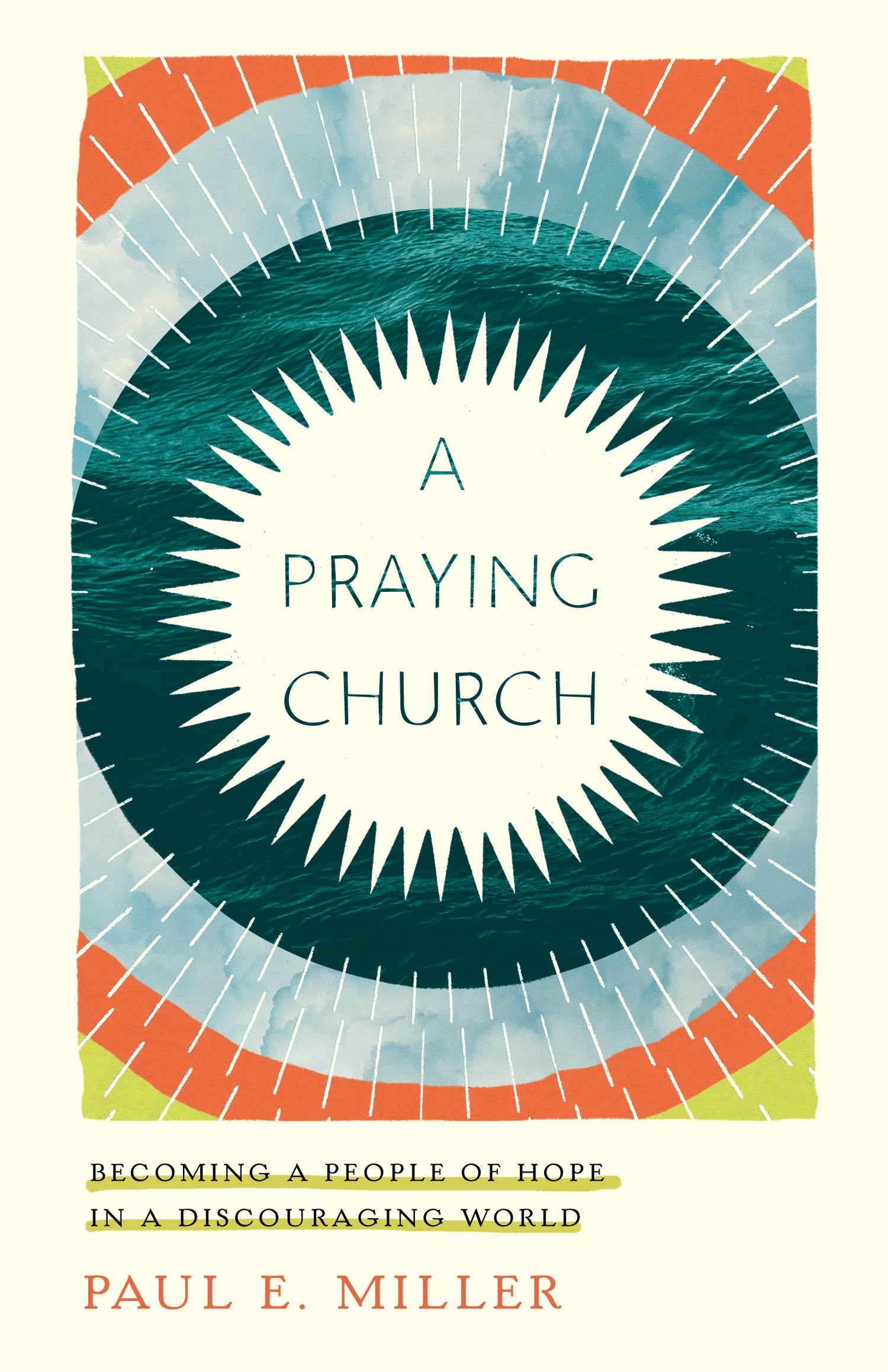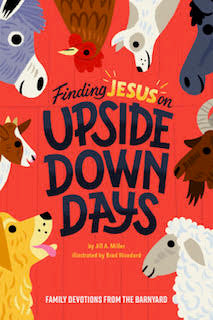This excerpt from A Praying Church is from a chapter titled “Management by Prayer”.
In modern business terms, Jesus was a movement leader with twelve staff. Those men needed to be recruited. Most leaders are quick to acknowledge that recruiting good staff is challenging. Looking back over my 40 years of managing, I’ve made my biggest and most serious mistakes in hiring. Let’s watch Jesus do HR work.
Luke tells us that before Jesus selected his disciples, all night he continued in prayer to God (6:12). Joseph Ratzinger observes, “The calling of the disciples is a prayer event; it is if they are begotten in prayer, in intimacy with the Father. . . . Their calling emerges from the Son’s dialogue with the Father and is anchored there.”
Jesus is making one of the most important decisions of his earthly life: selecting the church’s DNA. As the world’s most dependent human being, Jesus can’t pick disciples on his own, so he prays all night. Prayer isn’t a window dressing; Jesus manages by prayer.
Jesus is making one of the most important decisions of his earthly life: selecting the church’s DNA.
What emerges from Jesus’ prayer vigil is shocking: he selects twelve blue collar laborers. Instead of Harvard, he goes to Home Depot. At least seven of the twelve, and clearly the leaders (Peter, Andrew, and John), are tradesmen. Matthew, as tax collector, is a cross between a sleazy used car salesman and entrepreneur. No priests, no scholars, and no elites. Jesus followed his own advice to “pray earnestly to the Lord of the harvest to send out laborers into his harvest” (10:2). He picks laborers, not leaders. Surprise is one of the Spirit’s signature moves.
Why does Jesus bypass elites in favor of peasants? He is creating something entirely new, from the ground up. He needs new DNA. He had said, “No one puts new wine into old wineskins” (5:37).
Who would have thought that a bunch of fishermen would be Jesus’ first round draft pick? And yet I’ve marveled at the church’s resilience to the onslaughts of unbelief in the last 200 years. Much of that is simply the blue-collar bent of the church. Peasants are notoriously stubborn. My wife Jill is a peasant. Growing up on the streets of Philly, she got used to the tough side of life. She taught me the skill of walking in a rough neighborhood: keep your head down, don’t make eye contact, keep a good pace like you know where you are going. She’s not easily snookered. The fact that you might have a PhD doesn’t impress her in the slightest. In fact, she might feel sorry for you.
Elites can easily despise or dismiss peasants. This theme echoes all through the gospels. Just after the Feast of Tabernacles, the Jewish elites order the temple police to arrest Jesus. They come back empty handed and tell the elites. “‘No one ever spoke like this man!” The Pharisees answered them, “Have you also been deceived? Have any of the authorities or the Pharisees believed in him? But this crowd that does not know the law is accursed” (John 7:46-49). Notice their disdain for “this crowd.”
The modern American church is obsessed with leadership, management, and marketing...and yet, the New Testament puts very little emphasis on leadership.
The modern American church is obsessed with leadership, management, and marketing. I prize the wisdom of management books and consultants. For years, I’ve been a disciple of Peter Drucker, and yet, the New Testament puts very little emphasis on leadership. Paul is incredulous when he discovers that the Corinthians have four competing leadership celebrities. He responds in 1 Corinthians 1 by pointing them to the J-Curve, the cross-shaped life: first in Jesus (the word of the cross is folly), then in their own lives (God chose what is foolish in the world), and finally in Paul’s own life (I was with you in weakness). Then in the next chapter he introduces them to the wisdom that comes from the Spirit. Later when he discusses gifts in 1 Corinthians 12, he only mentions the gift of leadership in passing. For Paul, it’s no different than the gift of serving or generosity.
In a recent pastors’ cohort, I asked the guys to draw up a plan for creating a praying church. As I read their plans, I realized something was missing. I told them, “None of you put down the strategy of prayer.” Kieran, a pastor in Australia, said, “How incredible that all eight of us would try to build a praying church without thinking that prayer might be part of the strategy!”
How incredible that all eight of us would try to build a praying church without thinking that prayer might be part of the strategy!
Why the miss? After all, we were in a pastors’ prayer cohort focused on a praying church. They’d all read A Praying Life and attended the seminar. At its simplest, they instinctively put planning and prayer in separate buckets. This is a near perfect example of the spirit of the Enlightenment that relegates prayer to the not real world of fairies and astrology. That is, when we get serious and come up with a plan, praying isn’t part of the plan. Philosopher Alisdair McIntyre was one of the first to observe that the managerial has invaded the church as a primary value.
At our next cohort meeting, I showed the pastors the “beating heart” of my planning work: multiple prayer cards filled with questions I ask God. Prayer saturates my planning. Everything I do as a leader of a Jesus community begins with prayer. Why? That’s how a Jesus follower in a Jesus community does life—in fellowship with the Spirit of Jesus.








